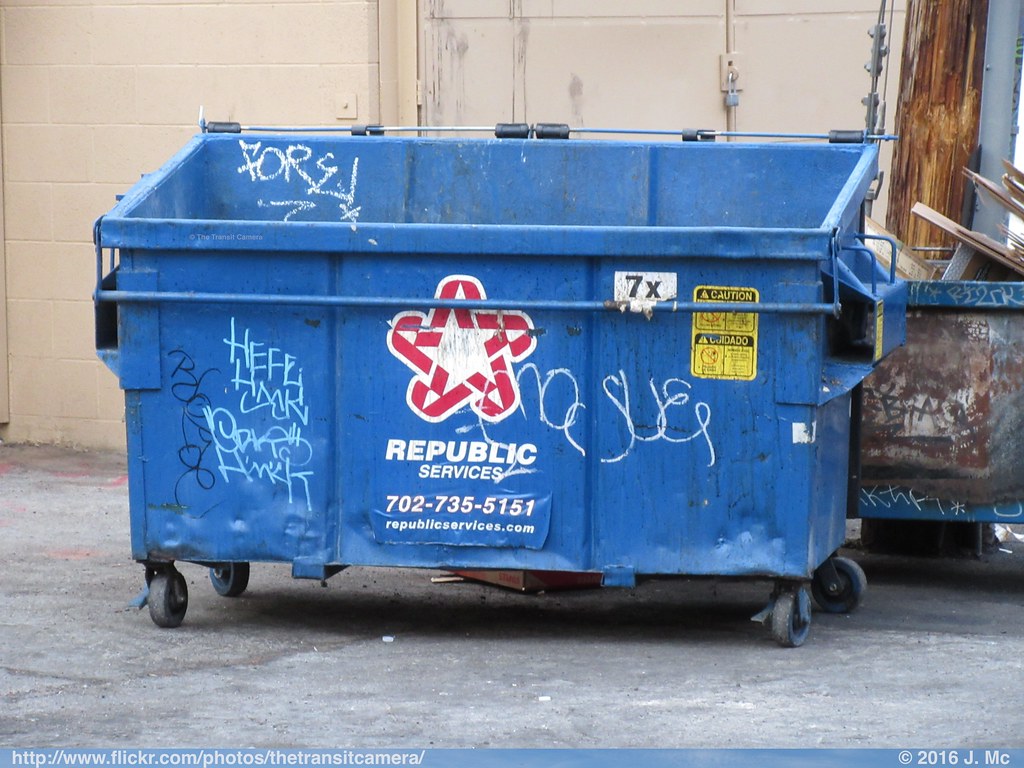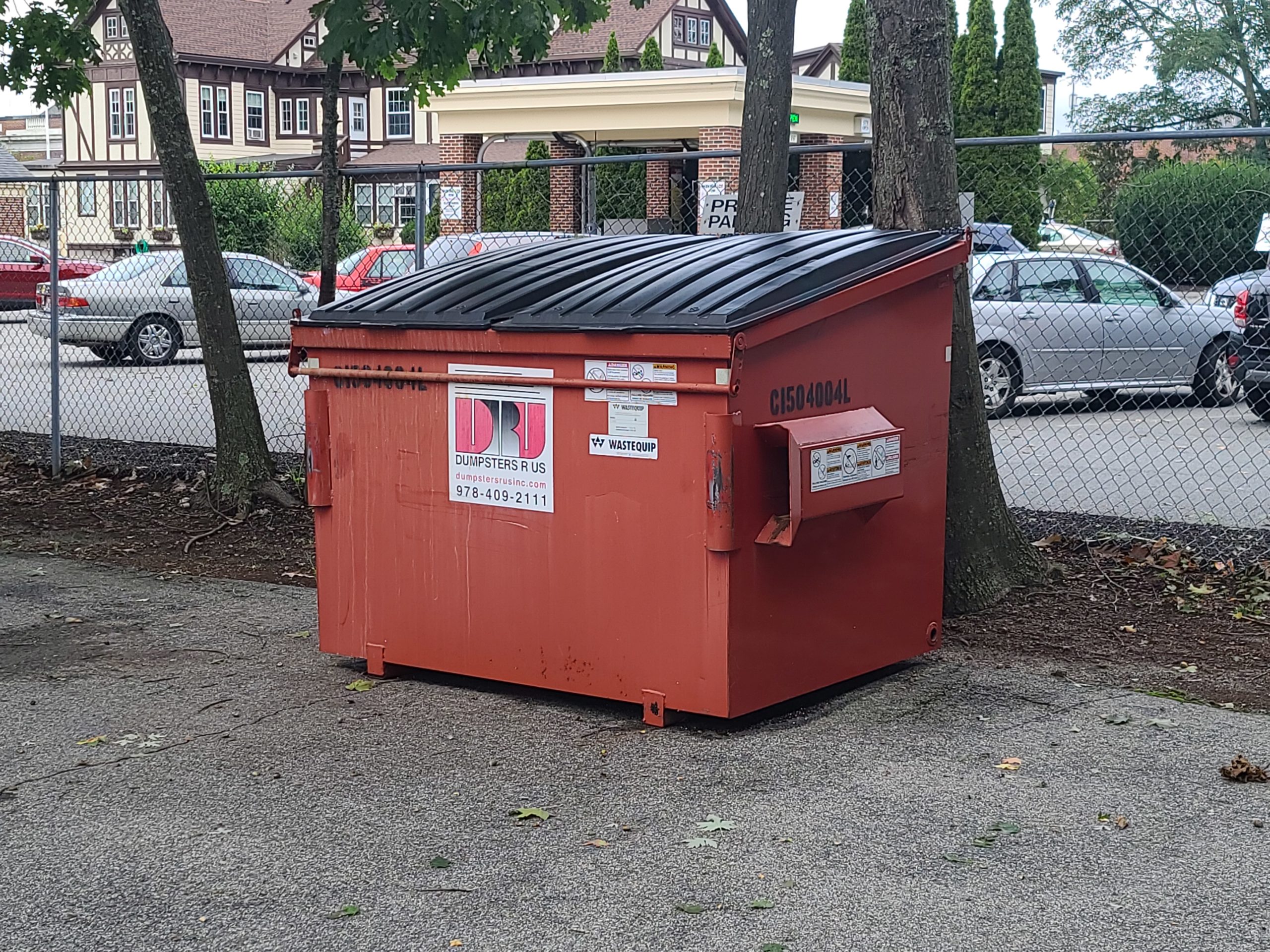To warranty a successful dumpster service, adhere to these 10 important actions: determine your dumpster needs by evaluating project range and waste generation, pick the right dumpster size for performance, choose a reputable rental company, and recognize rental prices. Prepare the distribution place, lots the dumpster effectively, and manage hazardous waste materials Set up a timely pick-up, testimonial and wrap up the rental information, and inform yourself on the rental procedure and waste monitoring planning. By following these steps, you'll be well on your method to a hassle-free dumpster rental experience; and with a couple of even more details, you'll be completely geared up to tackle your job with confidence.
Determine Your Dumpster Needs
Most construction and improvement jobs create a substantial amount of waste, making it vital to establish your dumpster needs accurately. Falling short to do so can lead to ineffective waste management, enhanced expenses, and project delays
To identify your dumpster requires, start by evaluating the extent and size of your task. Consider the type and amount of products you'll be dealing with, as well as the duration of the project. This will give you a rough price quote of the waste volume you can anticipate to generate.
Additionally, consider the logistics of the task website, including the readily available space for dumpster placement and the availability of the location. By taking these factors into account, you can make an educated decision about the kind and dimension of dumpster you need to rent.

This will ensure that you have the essential resources to manage waste efficiently and maintain your project on track.
Choose the Right Dumpster Size
With a clear understanding of your job's waste generation potential, selecting the right dumpster size ends up being an essential step in guaranteeing efficient waste management
A dumpster that is as well small will cause frequent emptying, raising costs and interrupting your project's timeline. On the other hand, a dumpster that is as well big will not just be extra expensive however additionally occupy more space than necessary.

To determine the ideal dumpster size, consider the type and amount of waste you anticipate to generate. For instance, a 10-yard dumpster is suitable for little to medium-sized jobs, such as restroom renovations or backyard cleanups.
A 20-yard dumpster, on the other hand, is better fit for larger tasks, like kitchen area remodels or building and construction jobs. It's necessary to accurately estimate your waste generation to assure you select a dumpster size that meets your needs.
Remember to additionally consider any type of local regulations or restrictions on dumpster sizes and placement. By choosing the appropriate dumpster size, you'll avoid unneeded migraines and guarantee a smooth waste monitoring process
Select a Trusted Rental Company
While rates is necessary, it's vital to take into consideration the overall value you receive. A company that uses excellent consumer service can make a substantial distinction in your rental experience.
Additionally, confirm the firm complies with local guidelines, such as acquiring essential authorizations and adhering to ecological guidelines. By taking these factors into account, you can find a reputable rental company that meets your requirements and offers a problem-free dumpster rental experience.
Understand Dumpster Rental Costs
Several factors contribute to the total price of dumpster leasing, consisting of the type and dimension of the dumpster, rental period, and area. These variables can considerably influence the final costs, making it essential to comprehend exactly how each aspect influences the overall cost.
Dumpster Size and Type: The size of the dumpster you require will considerably impact the expense. Larger dumpsters require more materials and labor to make, resulting in a greater rental fee.
Additionally, specialized dumpsters, such as those developed for hefty materials or building and construction waste, may come with an added premium.
Rental Duration: The length of time you require the dumpster will certainly also influence the price. Daily, weekly, and regular monthly rental options are normally available, with longer leasing durations often causing lower everyday rates.
Location and Distribution Fees: The location of your task site can influence the price of delivery, with rural areas typically sustaining higher charges because of increased transport costs.
Be certain to consider these extra expenses when budgeting for your dumpster rental.
Prepare the Delivery Location
Accessibility is essential when it concerns preparing the delivery location for your dumpster rental. Validate the drop-off area is clear of obstacles, such as autos, trees, and high-voltage line, to enable a smooth distribution process.
A flat, level surface is likewise crucial, as it protects against the dumpster from shifting throughout usage. In addition, consider the dumpster's size and confirm the shipment area can fit it comfortably.
Measure the width of your driveway, entrance, or alleyway to validate the dumpster vehicle can fit through. Generally, a standard dumpster vehicle needs a minimum of 10 feet of width and 20 feet of vertical clearance.
If you have a slim driveway or restricted access, notify your dumpster rental service provider ahead of time to talk about alternate distribution options.
Plan for Waste Disposal Logistics
Properly planning garbage disposal logistics is vital to ensure a seamless dumpster rental experience. This essential action assurances that your waste is taken care of effectively and in an eco responsible manner.
To accomplish this, take into consideration the adhering to crucial aspects:
Waste Type and Quantity: Recognize the type and quantity of waste you require to deal with, as this will certainly determine the size of the dumpster you require and the regularity of collections.
Collection Schedule: Coordinate with the dumpster rental business to establish a collection timetable that meets your requirements, ensuring that the dumpster is cleared regularly to avoid overflow and inconvenience.
Disposal Regulations: Acquaint on your own with regional waste disposal laws to ensure that you comply with all pertinent regulations and guidelines, avoiding prospective penalties or penalties.
Load the Dumpster Efficiently
Loading a dumpster successfully is essential to maximize its capacity, minimize the risk of overflow, and lessen the requirement for extra collections. A well-loaded dumpster not only conserves you money but additionally assures a smoother waste disposal process.
To tons successfully, start by putting the largest and heaviest items at the bottom, such as furniture and home appliances. This provides a secure base for the rest of the waste. Next, add smaller sized products like boxes, bags, and loose debris, completing voids and corners to reduce empty space.
Break down cumbersome products like pallets and cages to optimize space usage Maintain the dumpster's wall surfaces and floor clear to prevent damage and facilitate simple loading and unloading.
Manage Hazardous Waste Materials
When it involves managing waste, dangerous materials call for unique attention to confirm they are managed and disposed of safely.
Improper disposal of hazardous waste can cause severe ecological and health and wellness effects, making it essential to take the needed precautions.
To verify responsible disposal, follow these guidelines for managing contaminated materials products:
Identify harmful materials: Take the time to sort via your waste and separate hazardous products such as batteries, electronic devices, and chemicals from non-hazardous waste.
Check local regulations: Familiarize on your own with regional policies and guidelines for throwing away contaminated materials in your area. Some materials may need special delivery or drop-off locations.
Use marked facilities: Make use of assigned facilities or collection events for hazardous waste disposal, such as family contaminated materials collection facilities or digital waste reusing centers.
Schedule a Prompt Pickup
Once you have actually taken the necessary steps to handle hazardous waste materials, it's time to https://piedmont-triad-dumpstersmidz.weebly.com/blog/step-by-step-how-to-rental-fee-a-dumpster-for-your-following-cleaning turn your attention to scheduling a prompt pickup for your dumpster service. This important step guarantees that your task remains on track and avoids unneeded delays.
When scheduling the pickup, take into consideration the period of your rental period and the amount of waste you expect to produce. Make sure to supply your dumpster rental business with a precise estimate of when the dumpster will certainly be ready for collection.
It's important to schedule the pickup during a time when the dumpster is easily accessible This will certainly prevent any additional charges or logistical issues.
Additionally, confirm the pick-up details with your rental business to stay clear of miscommunication. By doing so, you can feel confident that the dumpster will certainly be gathered immediately, and your job will continue to move on smoothly.
A timely pick-up is critical to keeping a successful dumpster rental experience
Review and Finalize the Rental
With your job's waste monitoring needs sufficiently attended to and a prompt pick-up arranged, it's important to assess and wrap up the rental information to validate a smooth experience.
This action warranties that all aspects of the leasing are lined up with your task's requirements, avoiding any possible concerns or misunderstandings.
To validate an effective dumpster service, assess the following vital details:
Rental Period and Extensions: Verify the rental duration and understand the procedure for extending the rental period if needed.
Container Dimension and Type: Ascertain the dumpster size and kind to confirm it fulfills your job's waste administration needs.
Pricing and Settlement Terms: Review the complete price, repayment terms, and any additional fees associated with the rental.